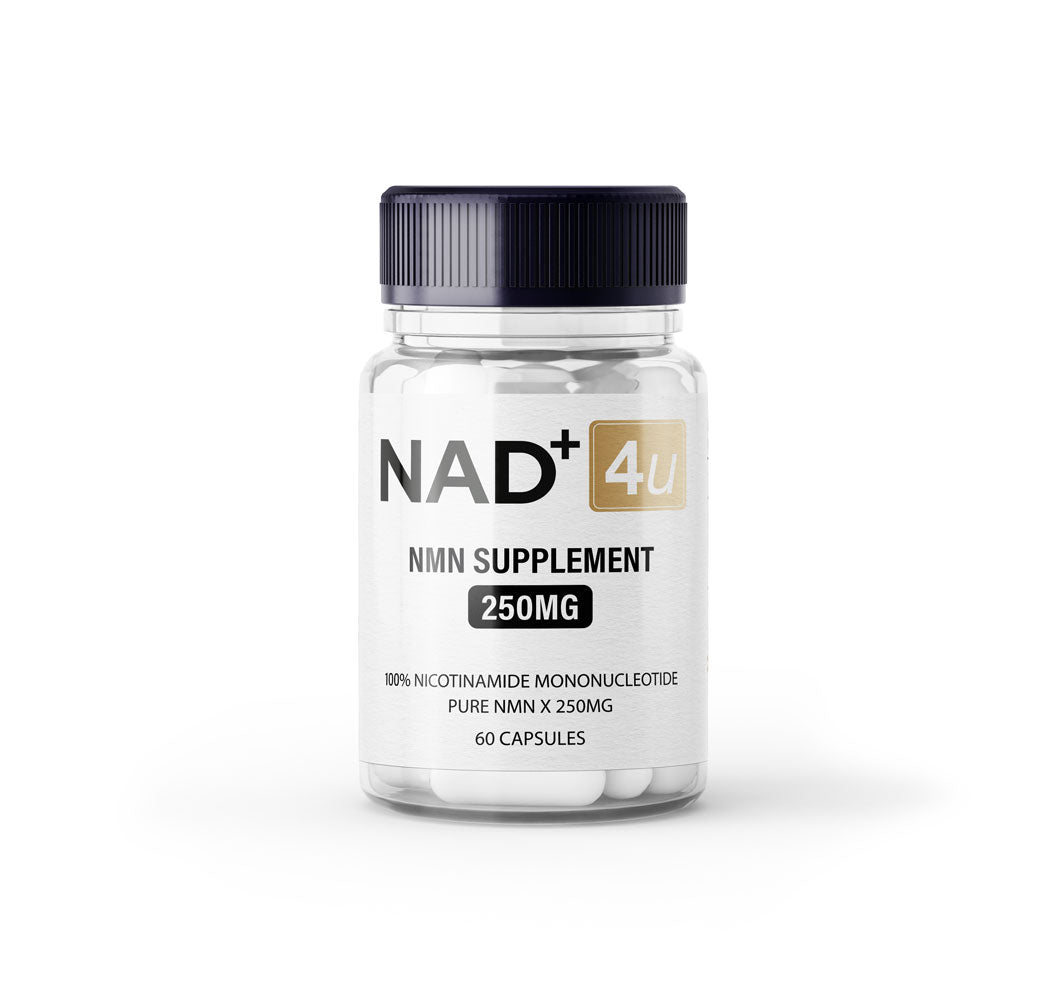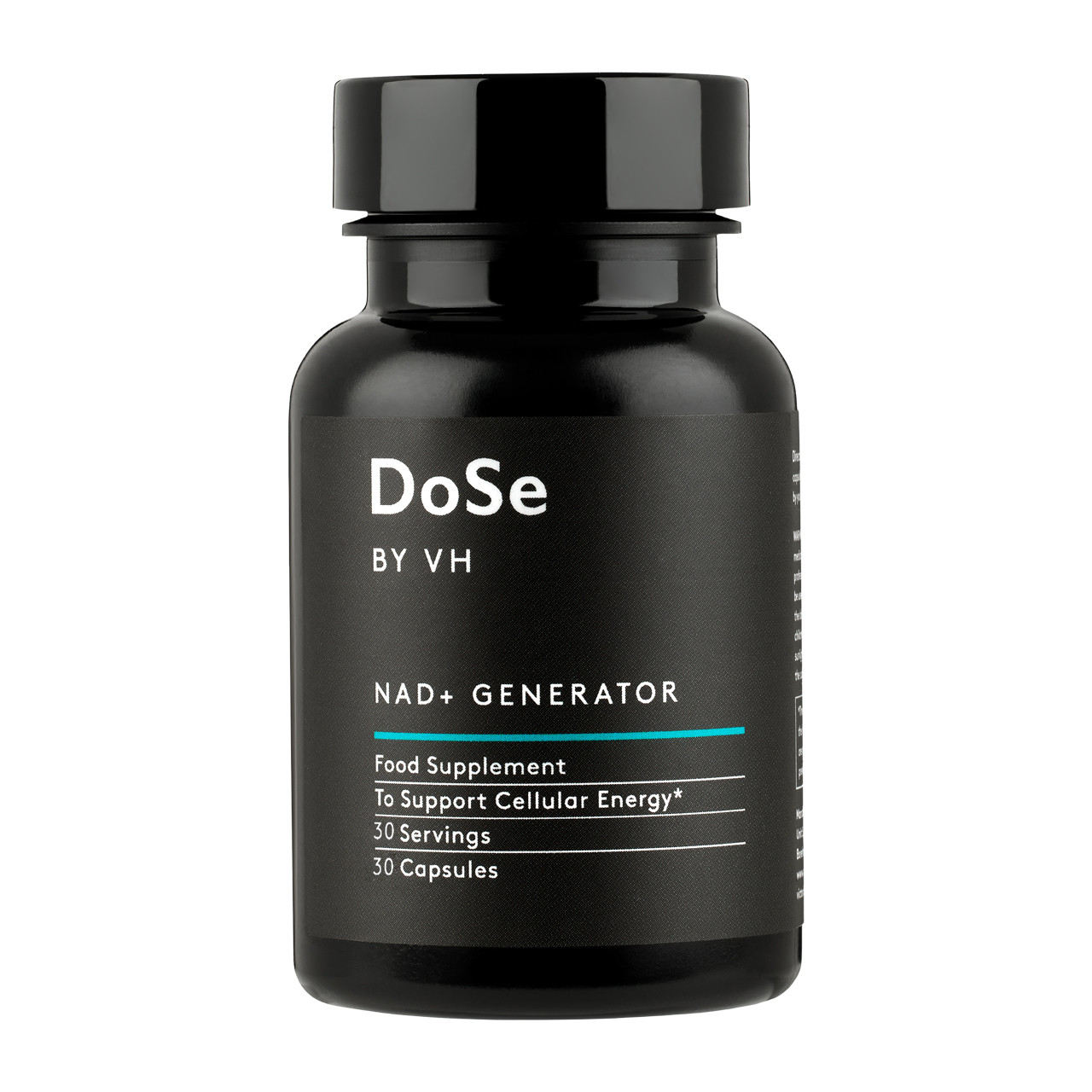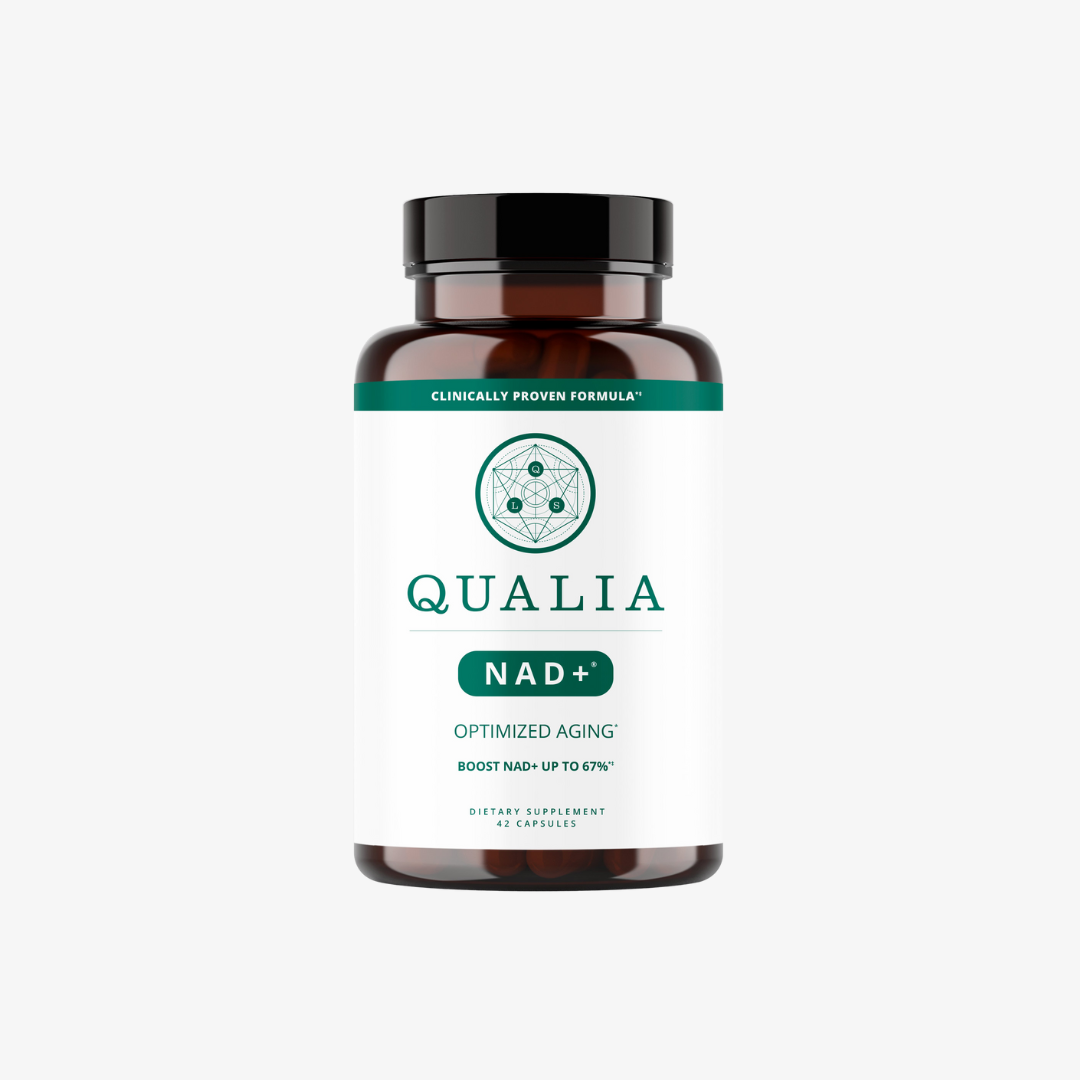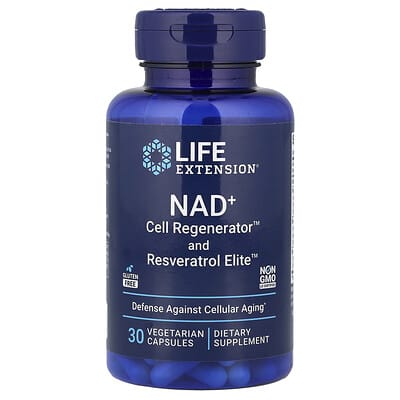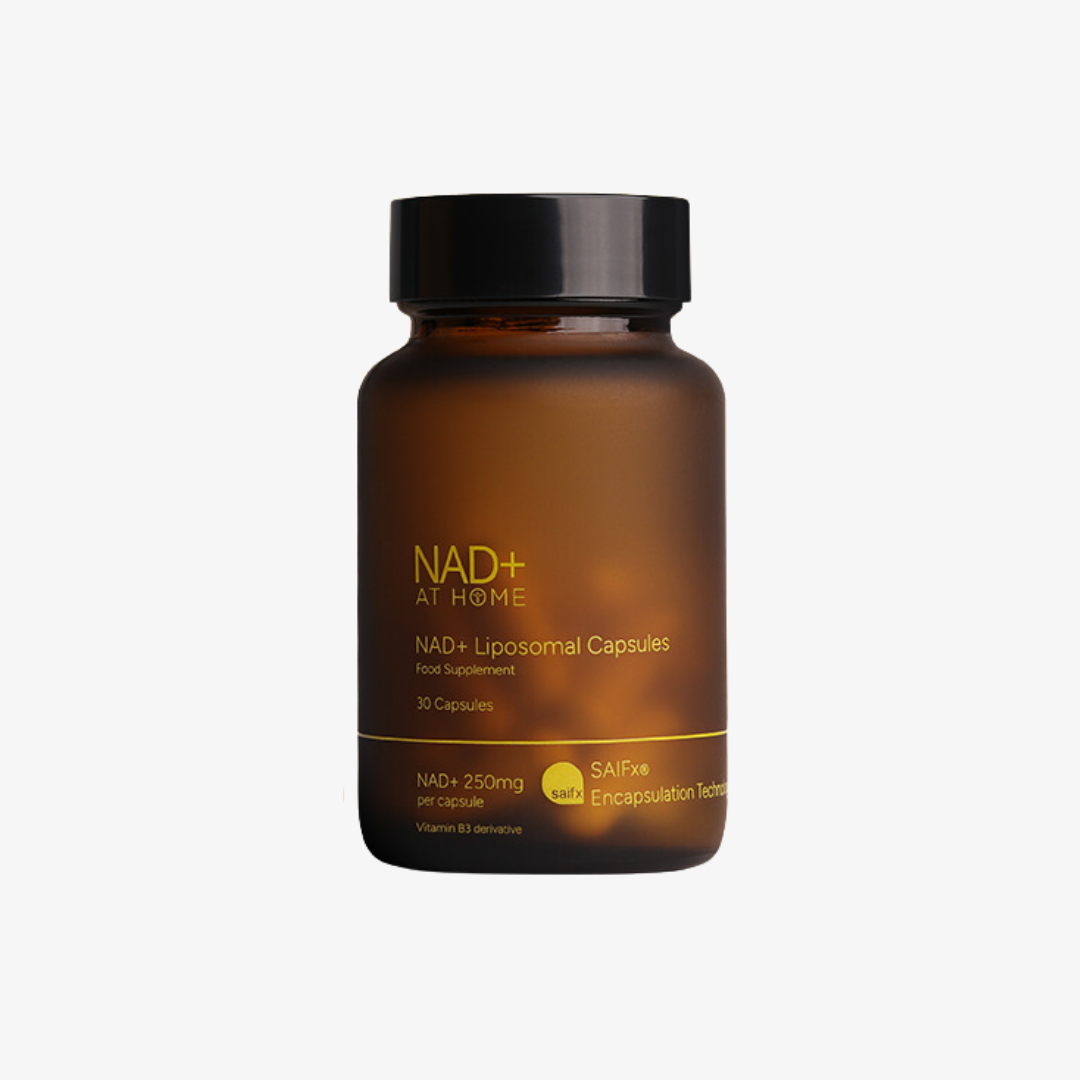Is NAD+ the New Collagen? The Anti-Ageing Molecule Everyone’s Talking About
A cellular shift in perspective
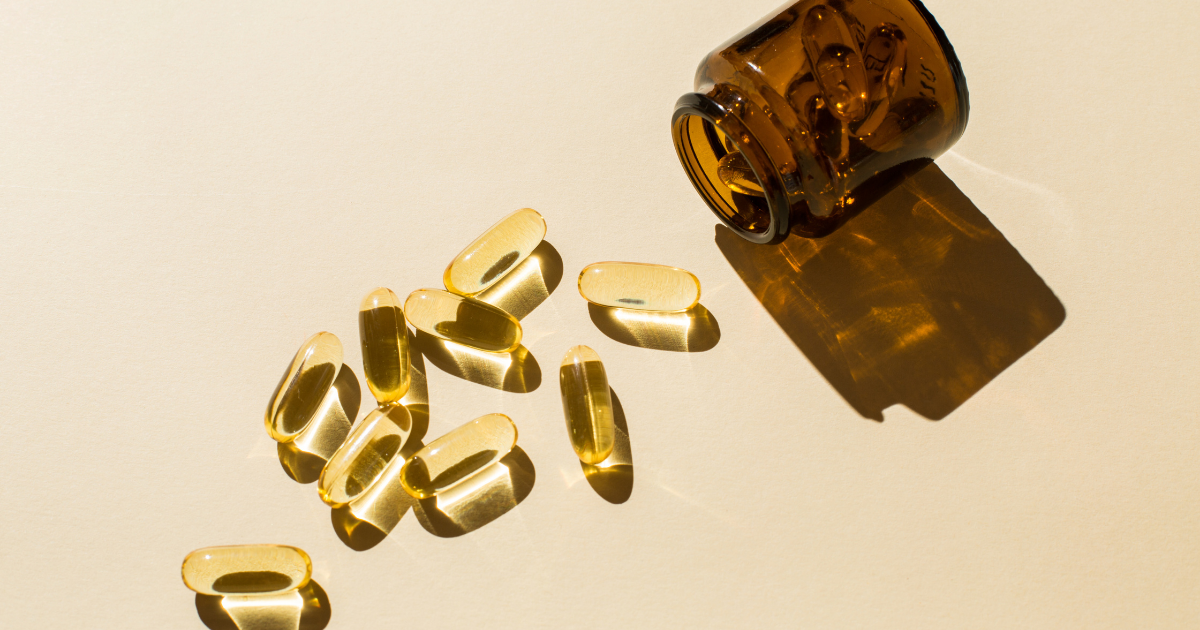

Just when you thought collagen was the holy grail of healthy ageing, a new molecule enters the chat—and completely changes the game. Introducing NAD+ (nicotinamide adenine dinucleotide), a naturally occurring coenzyme that plays a critical role in cellular health, energy metabolism, and DNA repair. It's found in every living cell and is often described as the silent workhorse behind nearly every vital function in the body, from powering mitochondria (your cell's batteries) to facilitating the repair of genetic material. In other words, without NAD+, your cells can’t function.
Like many good things, our natural NAD+ levels decline as we age, and this is linked to fatigue, cognitive decline and visible signs of ageing such as fine lines and sagging skin. New research, combined with clinical use of injectable NAD+, is beginning to paint an exciting picture of what replenishing our cellular reserves might mean for long-term health, longevity, and overall wellness.
To delve deeper into this rapidly emerging field, I spoke with Gemma Wilkins, founder of the innovative wellness clinic Body Brilliant, to unpack the science—and the hype—around NAD+ therapy.
What exactly is NAD+ and how does it work?
“NAD+ is a critical coenzyme that supports a wide array of essential biological processes,” Wilkins tells me. “When you supplement it—especially via intravenous or injectable forms—it helps restore cellular function, enhances mitochondrial performance, and ultimately supports overall vitality.”
The idea of supplementing something so integral to life itself is compelling. “It can increase energy and stamina, improve mental clarity and focus, enhance mood and resilience to stress, improve sleep quality, and accelerate recovery from burnout or illness. It also supports detoxification and anti-ageing processes,” she adds.
According to Wilkins, there are a growing number of scientific studies exploring the benefits of NAD+ supplementation—and she's right. One study from Harvard Medical School found that boosting NAD+ levels helped restore muscle function and energy levels, and other research has linked higher NAD+ to better brain health, especially as we age.
How do I supplement my natural NAD+ levels?
There are two ways to boost your natural NAD+ levels—with oral supplements, or injections. As for which one is more effective, Wilkins is clear: "Injectable NAD+ offers 100 percent bioavailability directly into the bloodstream, bypassing the digestive system. That means faster and more complete absorption.”
Celebrity news, beauty, fashion advice, and fascinating features, delivered straight to your inbox!
She explains that when NAD+ is taken orally, much of it degrades before reaching the bloodstream, particularly in people with impaired gut health. “Injectables allow a much greater amount to reach your cells. You also get more immediate effects, especially in cases of fatigue or burnout. And we can customise dosing based on individual needs.”
How long should someone continue NAD+ therapy for best results?
“It depends on your goals,” says Wilkins. “For general wellness and anti-ageing, we recommend injections be taken over four to twelve weeks to really elevate your NAD+ levels. After that, a maintenance protocol can be followed to suit your lifestyle and needs.”
For those dealing with more acute issues, a short-term, intensive protocol might be more appropriate. “We have a team of medical professionals who tailor the duration and frequency based on lifestyle, health status, and desired outcomes,” she says.
Are there any side effects to NAD+ therapy?
While NAD+ therapy is generally considered safe and well-tolerated, some people may experience mild, temporary side effects, including nausea, dizziness, cramping, or headaches during or shortly after the infusion.
These symptoms are often linked to the speed at which NAD+ is delivered and slowing the infusion rate usually reduces discomfort. Some individuals also report a sensation of chest tightness, muscle tension, or flushing during treatment.
Luckily, clinical studies and anecdotal reports suggest these effects are typically short-lived and resolve once the session ends.
Is there anyone who shouldn't have NAD+ therapy?
Yes. People with certain medical conditions, including active cancer, severe liver or kidney disease, or uncontrolled cardiovascular issues, should avoid NAD+ therapy unless specifically advised by their doctor. NAD+ can influence cellular metabolism and energy production, which could, in rare cases, affect underlying disease processes. Additionally, anyone who is pregnant or breastfeeding should steer clear of the therapy until more safety data is available.
As with any medical treatment, reactions can vary from person to person and NAD+ therapy should always be administered under medical supervision, following a full health consultation and clinical history, particularly for individuals with chronic conditions or who are taking medications.
How will NAD+ therapy make me feel?
According to Wilkins, the most consistent feedback she hears is that people feel more focused, less tired and even happier. :Clients regularly describe a noticeable improvement in mental clarity, sustained energy throughout the day, better sleep, and an overall sense of calm," she says. "Some describe it as a ‘cellular reboot’ or say they feel like they’ve ‘wiped the slate clean’, especially after periods of stress or burnout.”
Not Ready for NAD+ Therapy? Start with These Oral Supplements

Lottie Winter is the Beauty Director at Marie Claire UK. With over a decade of beauty journalism under her belt, she brings a desire to cut through the noise and get to what really matters–– products that deliver, conversations that empower, and beauty that makes people feel like their best selves.
